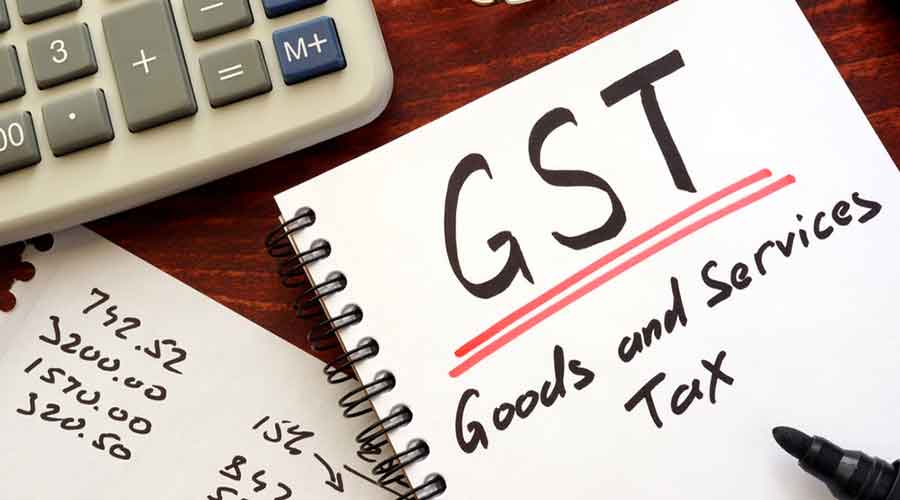The GST regime will see a host of tax rates and procedural changes coming into effect from January 1 including liability on e-commerce operators to pay tax on services provided through them by way of passenger transport or restaurant services.
Also, the correction in inverted duty structure in footwear and textile sectors would come into effect from Saturday wherein all footwear, irrespective of prices will attract GST at 12 per cent while all textile products, except cotton, including readymade garments will have 12 per cent GST.
While the passenger transport services provided by auto-rickshaw drivers through offline/ manual mode would continue to be exempt, such services when provided through a e-commerce platform would become taxable from January, at 5 per cent rate.
The procedural changes that would come into effect include e-commerce operators, such as Swiggy and Zomato, being made liable to collect and deposit GST with the government on restaurant services supplied through them from January 1.
They would also be required to issue invoices in respect of such services. There would be no extra tax burden on the end consumer as currently restaurants are collecting and depositing GST.
Only, the compliance of deposit and invoice raising has been shifted to food delivery platforms. The move comes after government estimates showed that tax loss to the exchequer due to alleged underreporting by food delivery aggregators is Rs 2,000 over the past two years.
Making these platforms liable for GST deposits would curb tax evasion. The other anti-evasion measures that would come into effect from the New Year include mandatory Aadhaar authentication for claiming GST refund, blocking of the facility of GSTR-1 filing in cases where the business has not paid taxes, and filed GSTR-3B in the immediate previous month. Currently, the law restricts the filing of returns for outward supplies or GSTR-1 in case a business fails to file GSTR-3B for the preceding two months. PTI










